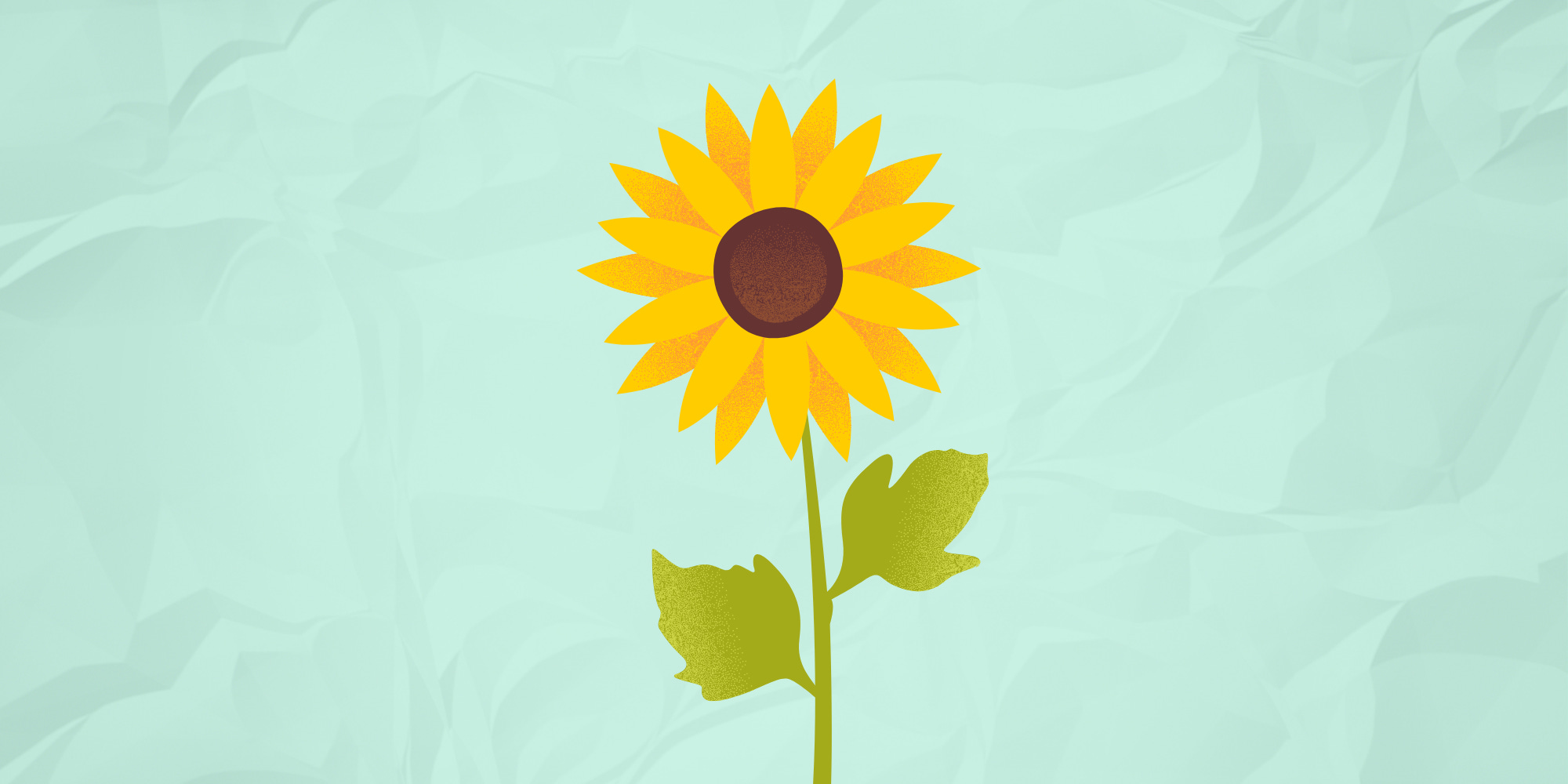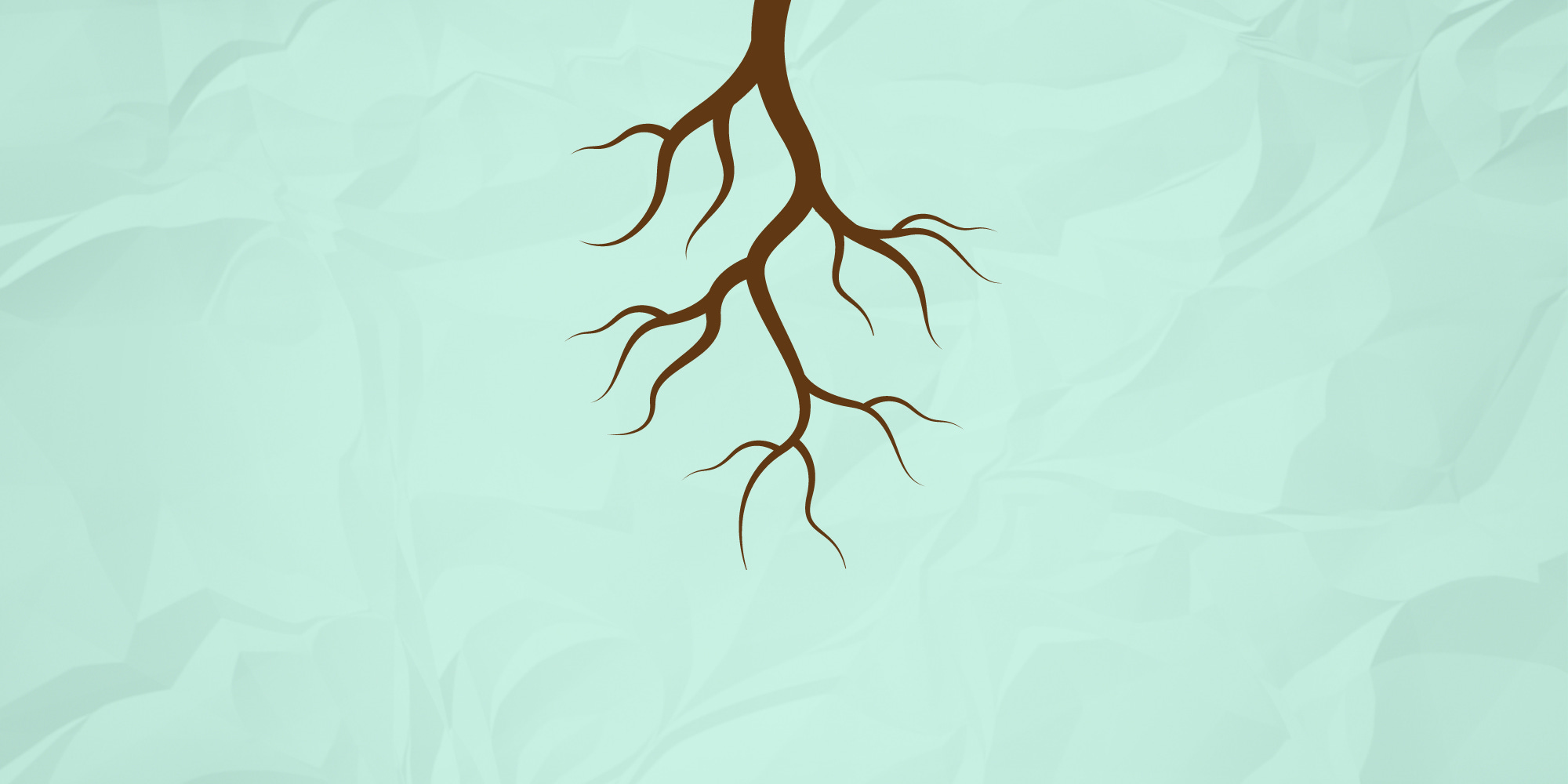The Seven Year Slip
and the question I'm sure I'll get asked in the next few months
“Why did you decide to write about suicide?”
The short answer is: I am very familiar with that sort of grief.
The long answer is a lot more complicated.
The Seven Year Slip is, at its heart, about time. The time we have, the time we’re promised, and the time we leave behind. It asks the questions—Will you stay? Will you stay today? Will you stay tomorrow? And those are the kinds of question that, on the surface, are easy to answer.
Yes, of course I’ll stay.
I can’t think of anywhere else I’d rather be.
Where would I go?
I’ll stay.
I’ll stay.
But the question isn’t easy for everyone. Time sometimes makes the question harder.
The Seven Year Slip is about time, but it’s also about grieving the loss of someone who you wish you had more time with.
To be honest, I didn’t go into 2022 thinking I would write a story about the death of a loved one by suicide. I also didn’t think I would pour over many, many articles about how to frame those sort of narratives, how to talk about it, how to best be gentle with myself, and others who have gone through similiar situations.
I talk a lot about this aspect of the book, but it’s not the central point of the novel.
It’s just the part of the novel that I want to be very, very clear about. (The death happens before the novel. You never see it, I never take you through it, because that isn’t what this book is about.)
This is just the part of the novel I need you to know going into it.
The Seven Year Slip is funny—I swear!
It’s about a woman who finds herself sharing an apartment with a man who lives seven years in the past, and their instant—ill-timed—attraction. (Is falling in love a matter of time, or a matter of timing?) And what happens when she suddenly finds herself working with him in the present? Will the sparks fly again, or is he too changed?
There are also a lot of conversations about art and food—
What makes great art?
What makes good food?
And, the more that time goes on, does it make the memory of that great art and good food sweeter, or does time warp those memories? As you change, do those memories change with you? Or do they fall away, stagnant?
The conversation of food and art are the topics I want to talk about in the future, when I write about The Seven Year Slip. I want to write about all of the recipes I tried, all of the art history I researched.
I want to tell you about the time I almost burned down my house because I left the stove on.
So, this might be the only newsletter about the grief in The Seven Year Slip, and I hope you’re okay with that.
Like the question about why I decided to write about suicide, the mere thought of sharing this story makes me sick to my stomach because the emotional thru-line is so personal to me, in a way that is both a little ironic and very sad.
My grandfather died by suicide while I was writing this novel, and because I could never look my own grief in the eyes, it took three separate tries to finally muster up the courage—and enough therapy—to do it. My editor was so patient with me through this process. I would write five chapters, send it to her, and then I’d tweak those chapters and write the next, on and on it went. It was like a game of hot-potato while you’re on the verge of a panic attack.
It took three tries, but I finally put the story I wanted to tell into words.
There is a grief that is hard to name. It’s the sort of grief that is frustrating, and sad, and sticky. It clings to you even when you’re happy, tacky on your soul like used up bubblegum you can’t quite scrape away. And it keeps repeating the question—
Why didn’t they stay?
And it’s a question without an answer, because there is never going to be one. So this is a story that explores that non-answer.
I wrote it for me.
I hope you love Clementine and Iwan as much as I do, and I hope they bring you light and joy and—if not an answer—then some echo of one, like the flavor of your favorite food, though you can’t quite remember where you first tasted it.
Best,
Ash






The part about the suicide seemed personal to me but I understood more when I read the afterword. My cousin (who was like a brother to me) committed suicide over forty years ago, leaving behind a wife and three children, one of whom was only 3 weeks old. It was devastating! And I was torn between extreme grief and extreme anger. It took years for me to work through it. Now just a lingering sadness remains.
But I loved the story! And The Dead Romantics also! You are such a gifted writer and I love how you inject a little magic into your books!